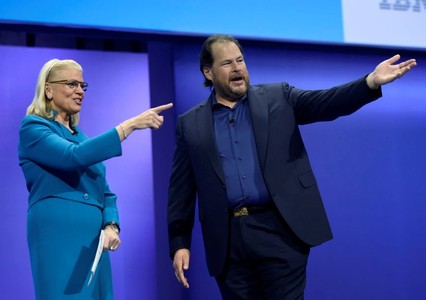Since my comments on CEO activism in this space last week, and a similar piece on LinkedIn that drew many likes and comments, a number of others have weighed in, including Page Society member Richard Edelman, writing in his 6 a.m. blog; David Gelles in the New York Times; and Rana Foroohar in The Financial Times.
Together, they make the case that CEOs can and should be more than just reactive; they can actually drive the public agenda.
Edelman has been a consistent voice, calling for business leaders to step up and take an active role. In his essay on the 2017 Edelman Trust Barometer, he wrote of the distrust facing government and the media, concluding, “The onus is now on business, the one institution that retains some trust with those skeptical about the system, to prove that it is possible to act in the interest of shareholders and society alike. Free markets can succeed for all if business works with the people, not just sells to them.”
In his lengthy, well-researched piece, Gelles quotes Salesforce CEO Marc Benioff saying that when he was in business school, “‘Nobody talked about taking a stand or adopting a cause.’ Now, Mr. Benioff is at the vanguard of a group of executives who are more connected – to customers, employees, investors and other business leaders – than ever before, and who are unafraid to use their influence.”
Foroohar recalls a time when CEOs “were not just considered great businessmen, but great Americans; people who could move the needle on political and social agendas, as well as economic ones.” In an earlier time, she wrote, “Business leaders pushed through things like the Employment Act of 1946, and the Marshall Plan, which many Americans at the time were against.”
Some of the comments on my LinkedIn piece argue that CEOs should mind their own business. But The Deloitte Millennial Survey 2017 found that “Millennials view business positively, but believe multinational businesses are not fully realizing their potential to alleviate society’s biggest challenges.” They want CEOs to be proactive in creating positive change.
The data clearly shows that millennials expect this more than older generations, but many of us never lost the desire we cultivated in the 1960s to work for a more just society. When I was at Aetna, we reoriented the company’s purpose to focus on helping people achieve health and financial security. Employees of all ages responded with enthusiasm. I believe most people want to be a part of something that makes the world better.
Business has tremendous power to create social value and to advocate for social justice, and chief communication officers are well placed to advise the CEO on how to navigate the risks and take a positive stand.
